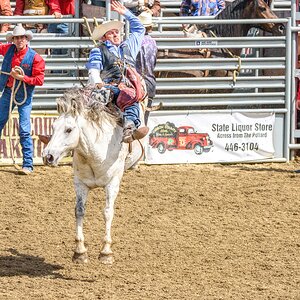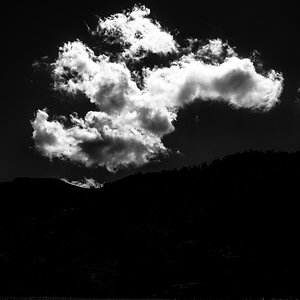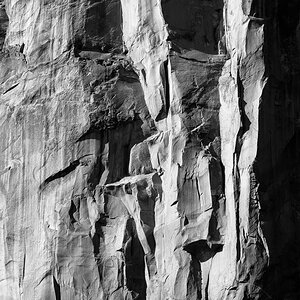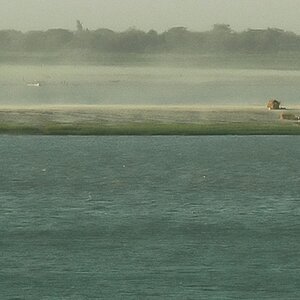staphkills
TPF Noob!
- Joined
- Jul 2, 2010
- Messages
- 8
- Reaction score
- 0
Hi all,
I just recently bought a Nikon D80 with a Nikkor 55-200mm lens, and while searching around for dslr articles I found out about film slrs as well! I'm really interested in going into film slrs (since they are so cheap and I already have a nikon lens!), and I was wondering if anybody has any suggestions on a good nikon slr? (I only want nikons since I only have nikon lens).
I've read that all film slrs produce the same quality, so I was thinking of getting something decent that's under $150 used. (I'm on a tight budget since I'm a college student!)
Also a few more questions:
Will my new Nikon AF-S Nikkor 55-200mm lens work on the old slr camera?
Can anybody recommend me a good lens (for outdoors, landscape, maybe macro) that's pretty cheap? I was thinking of something like a 18-55mm nikkor...would that be the best choice? It would be great if the lens could be under $150 used as well. If i get this lens for the old film nikon slr, will it work with my Nikon D80?
How much does it cost to buy the film nowdays? Do we have to get "special film" for dslrs? Would the image quality be bad if I use the same film as those disposable film cameras? How much does it cost to process the film?
Thanks!
I just recently bought a Nikon D80 with a Nikkor 55-200mm lens, and while searching around for dslr articles I found out about film slrs as well! I'm really interested in going into film slrs (since they are so cheap and I already have a nikon lens!), and I was wondering if anybody has any suggestions on a good nikon slr? (I only want nikons since I only have nikon lens).
I've read that all film slrs produce the same quality, so I was thinking of getting something decent that's under $150 used. (I'm on a tight budget since I'm a college student!)
Also a few more questions:
Will my new Nikon AF-S Nikkor 55-200mm lens work on the old slr camera?
Can anybody recommend me a good lens (for outdoors, landscape, maybe macro) that's pretty cheap? I was thinking of something like a 18-55mm nikkor...would that be the best choice? It would be great if the lens could be under $150 used as well. If i get this lens for the old film nikon slr, will it work with my Nikon D80?
How much does it cost to buy the film nowdays? Do we have to get "special film" for dslrs? Would the image quality be bad if I use the same film as those disposable film cameras? How much does it cost to process the film?
Thanks!


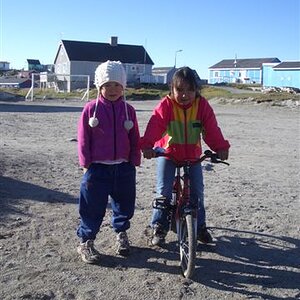
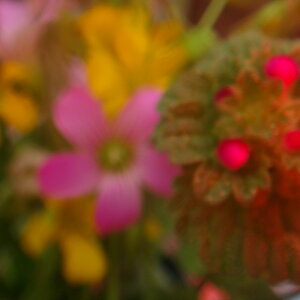
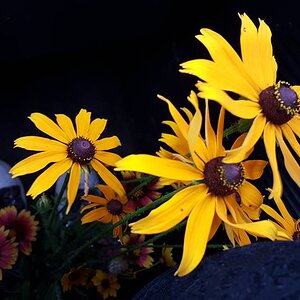
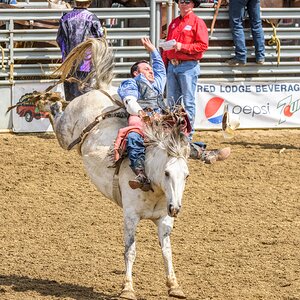
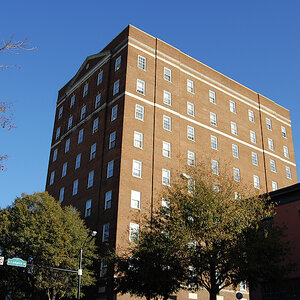
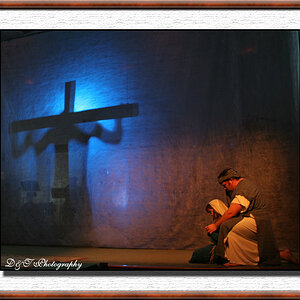
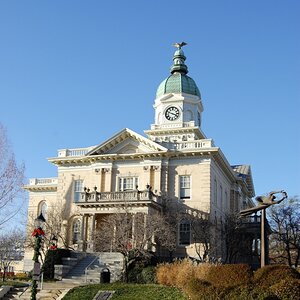
![[No title]](/data/xfmg/thumbnail/31/31035-96228fec87f6f8e8b5f3db4e93e99189.jpg?1619734580)
